Every year, 15 million people worldwide suffer a stroke, also known as a brain attack. Nearly 6 million die and another 5 million are left permanently disabled.
A stroke occurs when the blood supply to your brain is interrupted or reduced, which deprives your brain of oxygen and nutrients – causing your brain cells to die. In a third of all strokes, carotid artery disease is to blame. Some individuals can manage carotid artery disease with medications and lifestyle changes. More severe cases, however, may require surgery to repair the blocked carotid artery.
TCAR: Stroke Prevention Procedure
University Surgical Associates was the first in the Chattanooga region to offer a new technology called TransCarotid Artery Revascularization (TCAR), to treat individuals with carotid artery disease who are too high risk for a traditional open procedure.

“For individuals who require surgery to address their carotid artery disease, we have to consider the impact the surgery itself may have, the patient’s body and most importantly, their brain. Any repair of the carotid artery carries some risk of stroke, but TCAR carries the same low stroke rate as the traditional surgical option with a less invasive approach. That means there’s a reduced risk of heart attack, nerve injury and time needed to perform the procedure,” says Charles Joels, MD, board certified vascular surgeon with USA Vascular.
What to Expect with the TCAR Procedure
TCAR surgery is a clinically proven method for preventing stroke that temporarily diverts blood flow and debris away from the brain – allowing the surgeon to place a carotid stent for long term stroke prevention.
After the device is turned on and blood flow is reversed, a guidewire is passed across the narrowing plaque inside the artery. In some cases, a balloon is used to open it up, and a stent is inserted into the artery to hold it open – ensuring adequate blood flow.
Anyone who is considered high risk for an open carotid artery surgery greatly benefits from TCAR, particularly those over the age of 75 who have heart, lung, or kidney disease or who have an obstructed carotid artery on the other side.
“The goal of carotid artery surgery is to prevent stroke, and there are two types of people who benefit from this surgery. The first is someone who’s had a stroke or mini stroke that’s caused by a buildup of plaque in the carotid artery. Because they’ve already had symptoms, there’s a pretty high risk of having a more serious stroke in the future,” says Dr. Joels. “The other type of patient might have a tightening or narrowing of their blood flow in their carotid, but they don’t yet show symptoms. The same procedure is used to prevent them from having a stroke in the first place.”
Benefits of Choosing TCAR for Stroke Prevention
Vascular surgeons are the only specialists who can perform TCAR, and in recent clinical trials, individuals who had the TCAR procedure had lower risk for in-hospital stroke or death and had reduced risk for cranial nerve injuries.
“TCAR offers exceptional stroke prevention, even in those who are at high surgical risk. There’s less risk of a post-procedure heart attack or nerve injury, and a typically shorter hospital stays,” says Dr. Joels. “No procedure is right for everyone, but TCAR is an important tool that offers distinct advantages for both symptomatic and asymptomatic patients. My highest priority is to do what’s best for my patients, select the treatment option that’s best suited to their specific situation, and help them get back to a full and active life.”
Choose University Surgical Associates for TCAR Surgery in Chattanooga
The team of vascular surgeons at University Surgical Associates is highly trained and has extensive experience with minimally invasive options like TCAR, an approach that often leads to early discharge, minimal pain and fast recovery. We also provide advanced and comprehensive care for aneurysms and peripheral arterial disease (PAD), as well as a wide range of venous disorders from varicose veins to chronic venous ulcers.
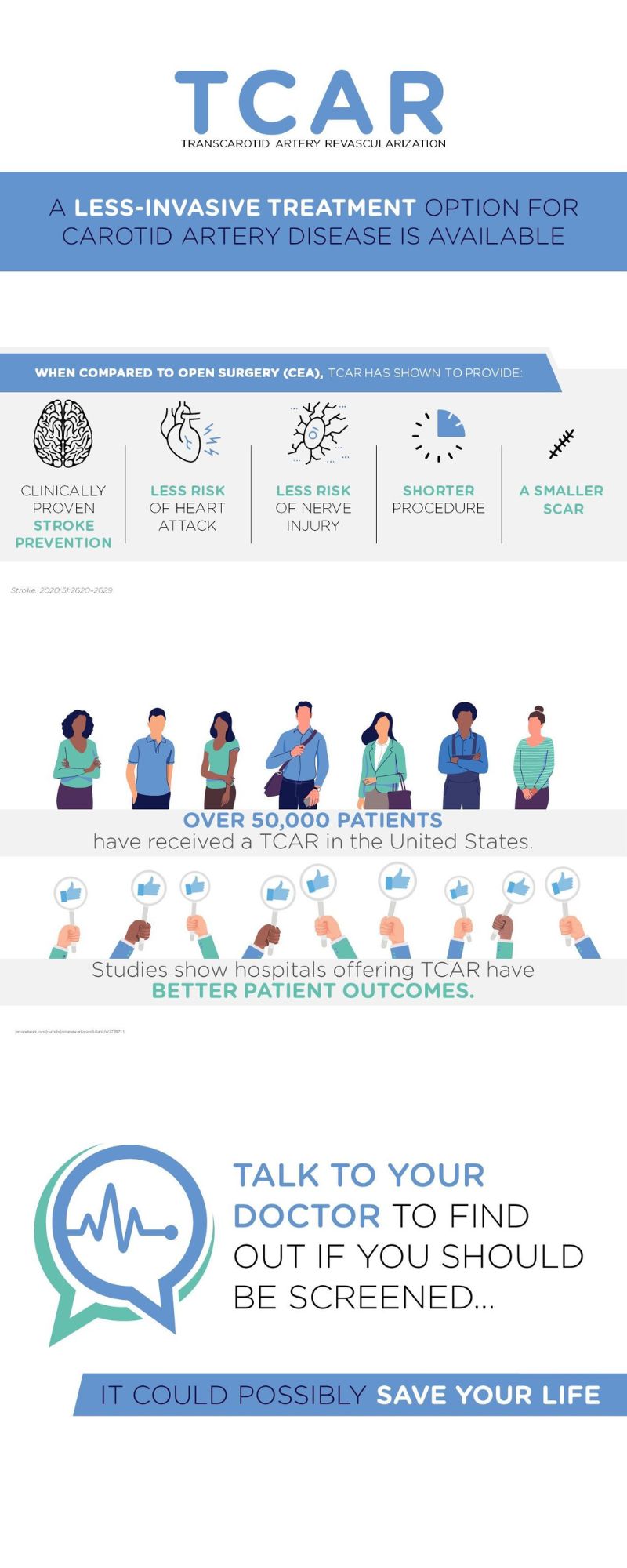
To learn more about TCAR and vascular surgery, call us at 423.267.0466 to schedule a consultation with a vascular surgeon.


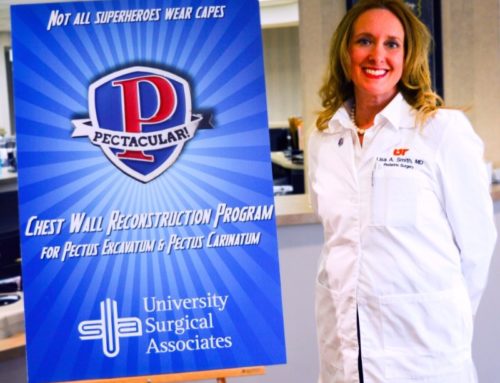
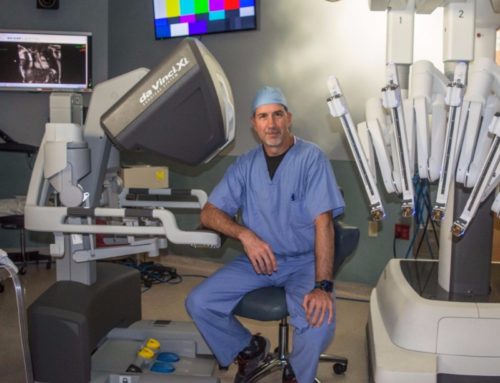
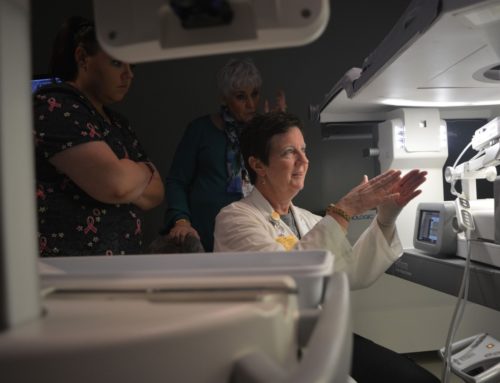
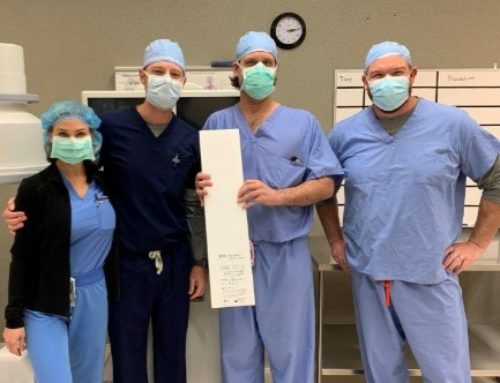
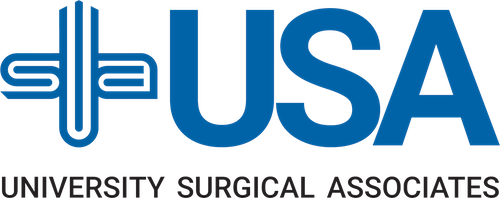
Leave A Comment